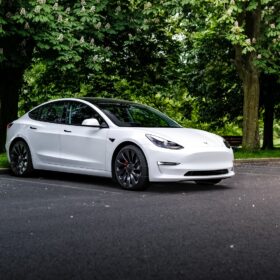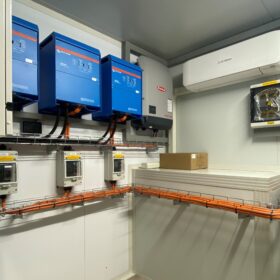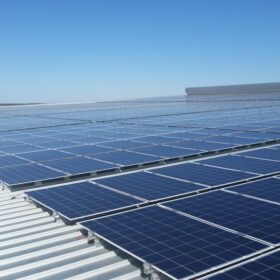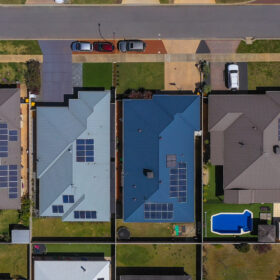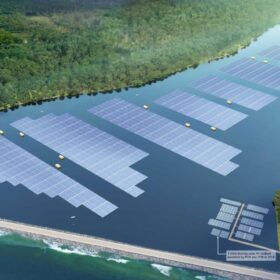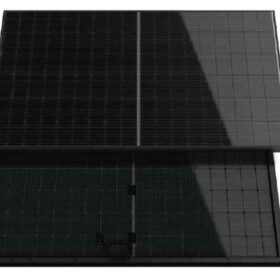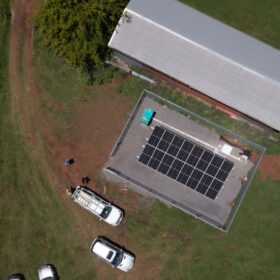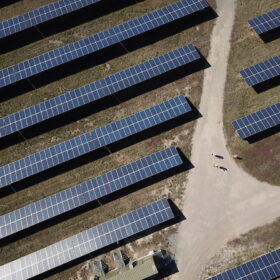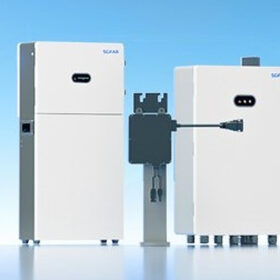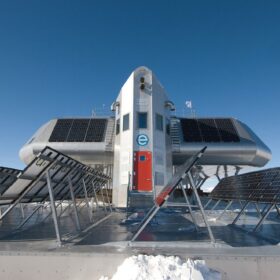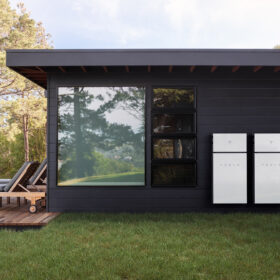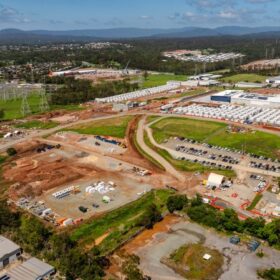Solahart launches Tesla giveaway to mark 70th milestone
Australian solar industry pioneer Solahart is offering its customers the chance to win a Tesla electric vehicle as part of its 70th birthday celebrations.
Solar and storage solution to power Blyth big battery project
Construction activities at renewables developer Neoen’s 200 MW/400 MWh Blyth Battery project site in South Australia’s mid-north will be powered by solar with off-grid power solutions specialist Commodore Australia deploying a hybrid PV and storage system at the remote location.
Aldi to install 34 MW of rooftop solar across Australia
Discount supermarket giant Aldi plans to add another 34 MWp of PV to its rooftop solar network in Australia within the next 18 months after announcing that its transition to 100% renewable electricity has received the stamp of approval from the federal government’s Clean Energy Regulator.
Rooftop solar underpins free electricity offer in WA
Western Australian government-owned utility Synergy will offer free electricity to eligible customers in a move that is designed in part to help counter challenges the state’s main power grid faces when rooftop solar generation is high and demand for energy in the system is low.
Study shows potential for floating solar in Southeast Asia
The America-based National Renewable Energy Laboratory has released the findings of a study that assessed the technical potential for floating PV and underlined its co-benefits in environmental protection and food security.
SEG Solar releases all-black 440 W TOPCon solar modules with 22.35% efficiency
California-based manufacturer SEG Solar says its new panels have a temperature coefficient of -0.30% per degree Celsius. They come with a 30-year power output guarantee for 87.4% of the initial yield.
Solar-backed stand-alone power systems put to test in Victoria
Victorian network operator AusNet Services’ independent subsidiary Mondo Power has completed the installation and commissioning of 17 stand-alone power systems featuring PV and battery energy storage as part of its inaugural trial of the off-grid technology.
CleanPeak to begin construction of 40 MW Wangaratta Solar Farm
Australian commercial solar outfit CleanPeak Energy continues to build out its utility-scale PV portfolio, announcing it has achieved financial close on the 40 MWp Wangaratta Solar Farm being developed in northern Victoria.
Sofar unveils new microinverter series
Sofar, a China-based inverter and battery manufacturer, has introduced a new series of microinverters for balcony solar arrays and rooftop PV systems. They have a 97.5% efficiency rating and offer between 500 VA and 2,400 VA of rated power.
Weekend read: The world’s coolest solar
The world’s most efficient energy network, at an Antarctic research base, has had a solar upgrade, reports Tristan Rayner.
